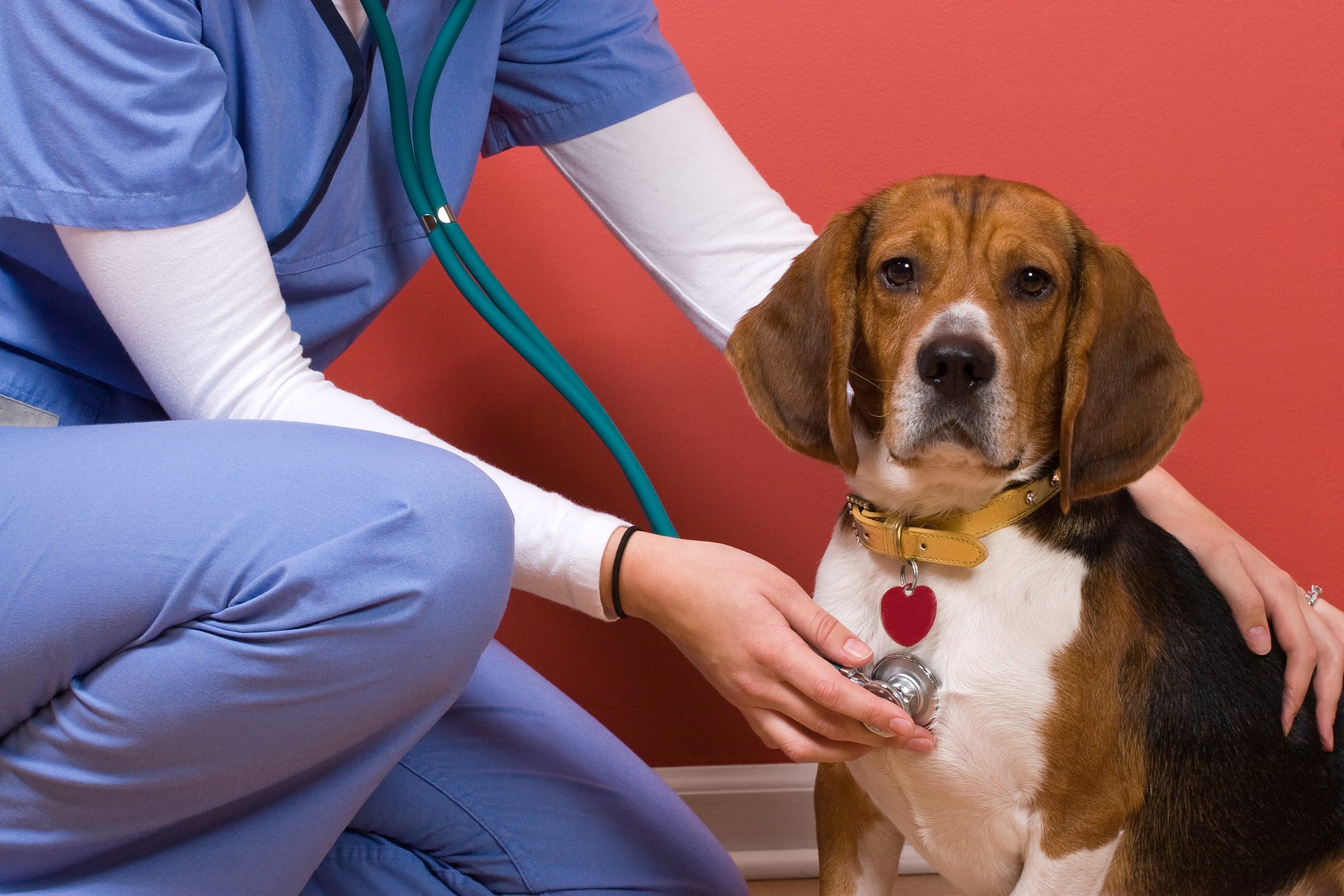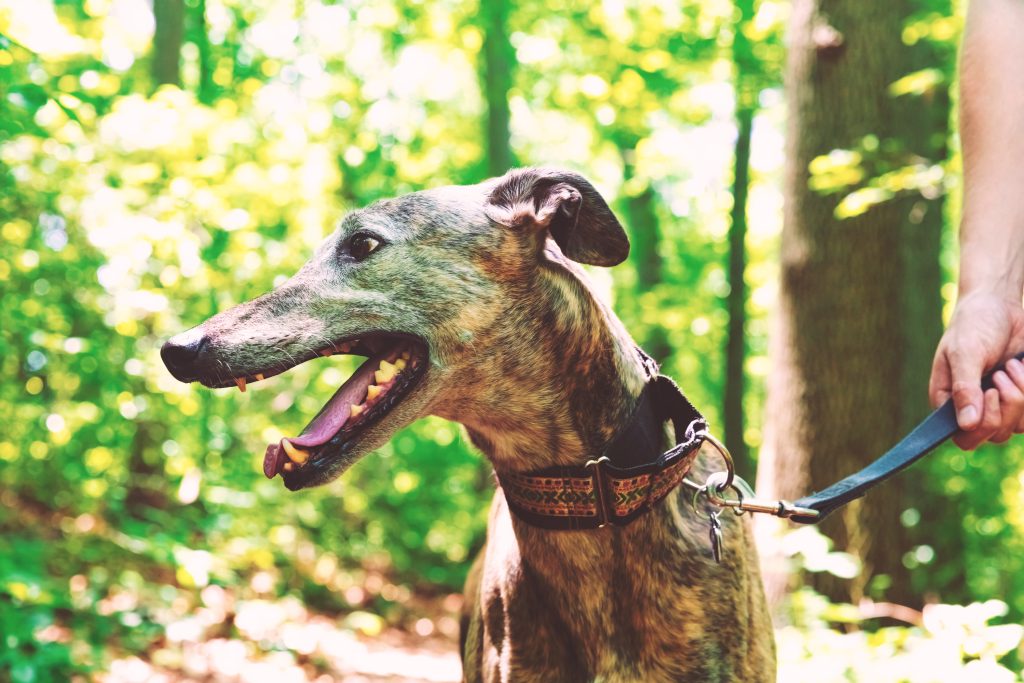Introduction to Puppy Training
Puppy training can be a daunting task, especially if it is your first time. However, with the right approach and techniques, you can train your puppy effectively. The key is to start early and establish good habits from day one. Let’s dive into five tips that will help you get started on the path to raising a well-behaved dog.
The Importance of Consistency
One of the most important aspects of puppy training is consistency. Dogs thrive on routine and predictability, so it is essential to set clear rules and stick to them. For example, if you don’t want your pup jumping up on people, make sure everyone in the household follows the same rule. It’s also crucial to reinforce positive behaviors consistently. Reward your pup when they do something good, and they will learn what behavior leads to praise and treats.
Reward-Based Training Methods
Positive reinforcement is an effective way to train your puppy. This method involves rewarding desirable behavior with treats or praise. You should avoid using physical punishment as it can lead to fear and aggression issues later down the line. Instead, focus on teaching your pup what you want them to do through positive reinforcement. For instance, if you want your pup to sit, teach them by giving them a treat every time they follow your command. Sooner than later, they will associate sitting with getting a treat and will begin doing it without prompting.
Housebreaking Your Puppy
Another significant aspect of puppy training is housebreaking. Teaching your pup where to go potty is critical to prevent accidents inside the house. Start by taking your pup outside frequently throughout the day, at least every hour. Whenever they relieve themselves outdoors, give them plenty of praise and affection. If they have an accident indoors, clean it up immediately to prevent future incidents. With patience and persistence, your pup will soon understand where to go potty.

Socialization and Exposure
Lastly, socializing your pup is vital to their development. Expose them to different environments, sounds, smells, and people. Take them for walks around the neighborhood, introduce them to other dogs, and invite friends over to meet them. By exposing your pup to various experiences, they will become more confident and adaptable. Additionally, socialization helps reduce anxiety and aggressive tendencies, making them better companions overall.
Conclusion
Training your puppy requires dedication and commitment but can be incredibly rewarding. Remember to stay consistent, use positive reinforcement methods, housebreak your pup, and expose them to new things. Before long, you will have a well-trained and obedient companion who brings joy to your life.

